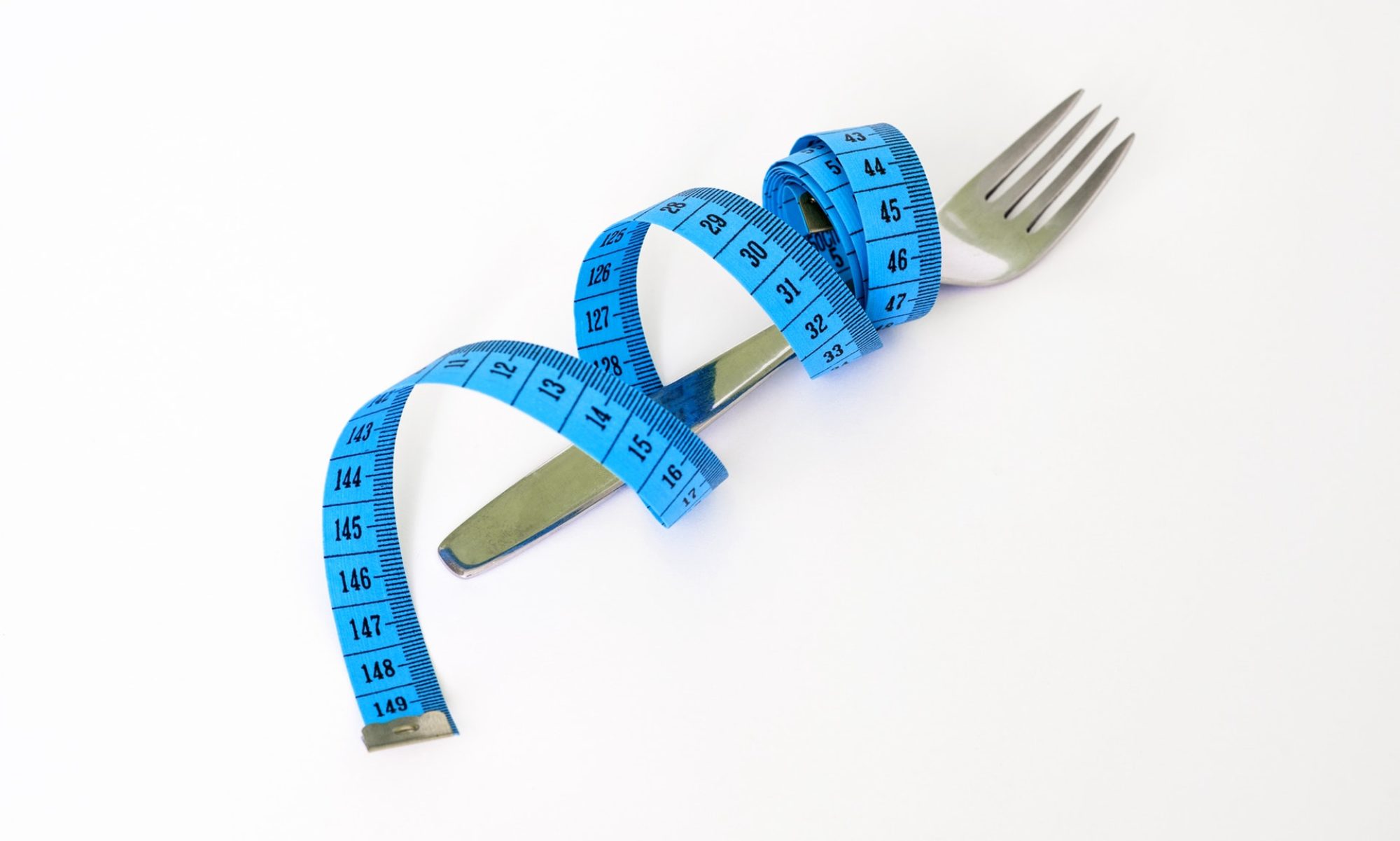One of the first questions patients ask me during our first session together is how long I am going to make them track their food or their steps or their sleep.
First of all, I explain to them, I can’t make them do anything. I do want to show them the value in tracking, however, because as we all know, you can’t change what you don’t track. We have to know exactly where we are before we can figure out how to get where we want to go.

If we are honest, we eat more than we think we do. Our food recall at the end of the day often forgets the handful of chips here, or the few bites of a cookie there. We don’t move as much as we think we do. We go to bed later than we think we do. Real time tracking is the best way to clarify the reality of our situation.
There are countless apps that we can use, My Fitness Pal, Carb Counter, Cronometer, to name a few. They all require an onboarding of usual meals and have various levels of granularity for counting calories, macros, and micronutrients. They come with suggestions about goal setting for weight loss and projections for when to expect to get to the desired weight.
Friends of ours wanted to optimize their health so the husband created a spreadsheet specifically to count omega 3s and and 6s in addition to macros. With an engineering background, he had it down to a science. And as one who understands the utility of spreadsheets but lacks the ability to put one together, I was quite impressed looking over the detailed and accurate results of his system. He could probably sell it.
Most of us tire quickly of tracking though. I know I do. I will download an app and at first it is new and exciting. I get into trying to be better than the day before, gamifying the process in some way. Then after awhile, I get bored with it. Or I go out to dinner or to a friend’s house and can’t input what I ate or forget and then it is not accurate and I give up.
I did the same thing with my Apple watch and step counting. Again, it was fun at first. I embraced the reality of how few steps I truly get in a day, then challenged myself to get more. But I would forget to wear it during my morning walk. Or it would run out of juice because I forgot to charge it overnight. So I knew it was not 100% accurate which created a source of frustration for me. So why bother.
But the truth is, any time I stop paying attention to my behaviors or anything that is important to me or my health, I don’t do as well and even backslide. If I lose track, I get off track.
I think it has to do with law of entropy. Things go from order to disorder left on their own. My body, my health is no exception. But with positive energy like paying attention to better inputs, I can improve or at least slow that aging process. And how will I know if there is improvement unless I measure it.
I have found that tracking behavior often trumps tracking things like calories. Figuring out why I do what I do or don’t do what I want to do is eye opening and that leads to lasting change.
We practice all kinds of ways to keep track at OWW and not just with apps and rarely calories. We offer support and accountability in a safe and nonjudgmental environment. If you want to learn more about your health and how to improve it, give us a call and we will help get you on track.
Discover more from Weigh Different
Subscribe to get the latest posts sent to your email.
